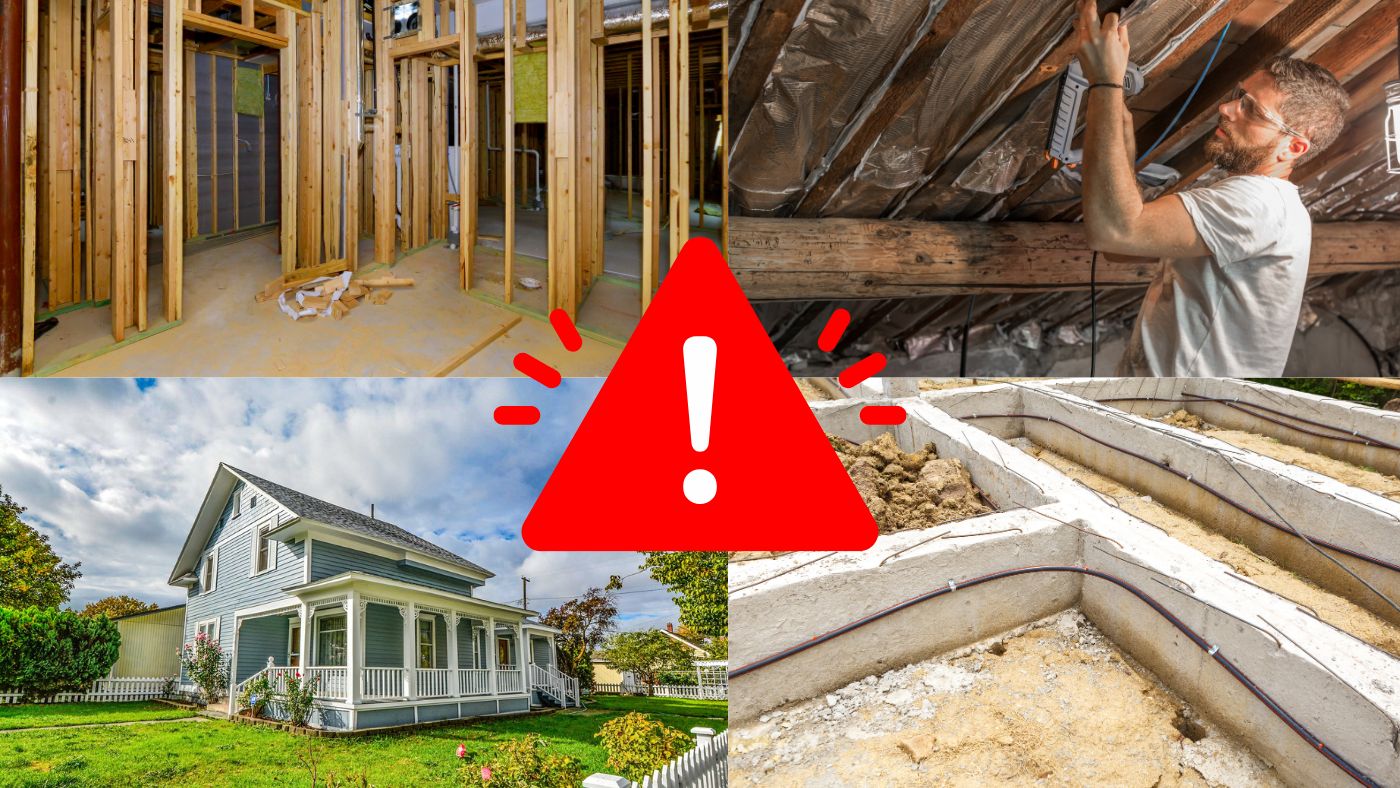|
Radon is a colorless, odorless substance produced by the decomposition of uranium present in soil and rocks. It's the second most common cause of lung cancer and may significantly harm human health. All homes contain radon, but some are more prone to higher levels than others. The homes in Omaha that contain the most radon will be examined in greater detail in this article. Read on to learn more. What Types of Homes in Omaha Have the Most Radon?Below are a few types of homes in Omaha with high levels of radon: Homes with BasementsBecause they are frequently used as living spaces, basements can expose people to high levels of radon gas. This is due to the ease with which radon can enter basements through the soil, foundational fractures, and spaces around pipes and other openings. Homes with unfinished basements run the danger of having high radon levels as a result of possible inadequate sealing. Homes with Crawl SpacesHigh levels of radon in Omaha might also come from vented or sealed crawl areas. Radon can infiltrate crawl spaces through the ground and foundation cracks, just like in basements. Furthermore, radon levels in crawl spaces may rise due to frequent poor ventilation. Homes Built on Bedrock or GraniteHomes constructed on granite or bedrock are more likely to have high radon levels due to the increased uranium content of these types of rocks. Radon gas is released into the soil and air around when uranium decays. Homes constructed on these rock formations are consequently more vulnerable to high radon levels. Homes in Areas with High Radon LevelsRadon concentrations can differ from place to place, with some having higher concentrations of radon than others. Omaha is situated in a region where radon levels are known to be greater, making homes more vulnerable to high radon levels. Homes with Slab-On-Grade FoundationsRadon levels in homes with slab-on-grade foundations can be very high. This is because certain foundation types contain a lot of cracks and gaps around pipes that allow radon to enter the house. Protect Your Family's Health: Take Radon Test for Any Home TypeNo matter what kind of house you reside in, you should get radon evaluation done. A do-it-yourself testing kit or a professional testing service are also options for testing. A radon mitigation system must be installed at lower levels if high radon levels are found. Radon gas is redirected from below the house and released outside via mitigation devices, which lowers the level of radon gas inside the house. ConclusionAll homes are susceptible to high radon levels, but some are more vulnerable than others. Homes with crawl spaces, basements, bedrock foundations, granite construction, high radon locations, and slab-on-grade foundations are all at risk. To protect your family's health, it is crucial to have your home radon tested and install a mitigation system if high levels are found. FAQsAre newer homes less likely to have high radon levels?Certainly not! Radon levels in a property have nothing to do with its age. No matter how old a house is, radon can still penetrate it. Can homes in areas with low radon levels still have high levels of radon?High radon levels can exist even in regions with low average radon levels. No matter where you live, you should get a radon test done on your house. Can high levels of radon be reduced in any type of home?High radon levels can be decreased in any structure by installing a suitable mitigation system. You should have a professional inspect your home and install a mitigation system if necessary. Are certain types of home foundations more resistant to radon than others?Radon is not selective and can penetrate any home foundation. However, radon levels in homes built on sturdy concrete foundations are typically lower than those built on crawl spaces or basements. How frequently should I radon test my house?Every two years, or more frequently, if structural changes have been made to the home or if high levels of radon have been experienced, radon testing is recommended by the EPA. How do I find a professional radon testing and mitigation service in Omaha?You can find certified radon professionals through an internet search or by contacting the radon agency in your state. If you want to make sure your testing and protection measures are effective, use a trained professional.
Comments are closed.
|
Categories |
|
SERVING OMAHA NE & SURROUNDING AREAS
|
COMPANY INFOBUSINESS HOURS
Mon-Fri: 7am-7pm Sat & Sun: 9am-5pm OUR SERVICES Radon Mitigation Radon Testing ABOUT US ADDRESS 534 N 72nd St Omaha, NE 68114 402-275-4425 |
CALL US!
402-275-4425 SOCIAL MEDIA
|


